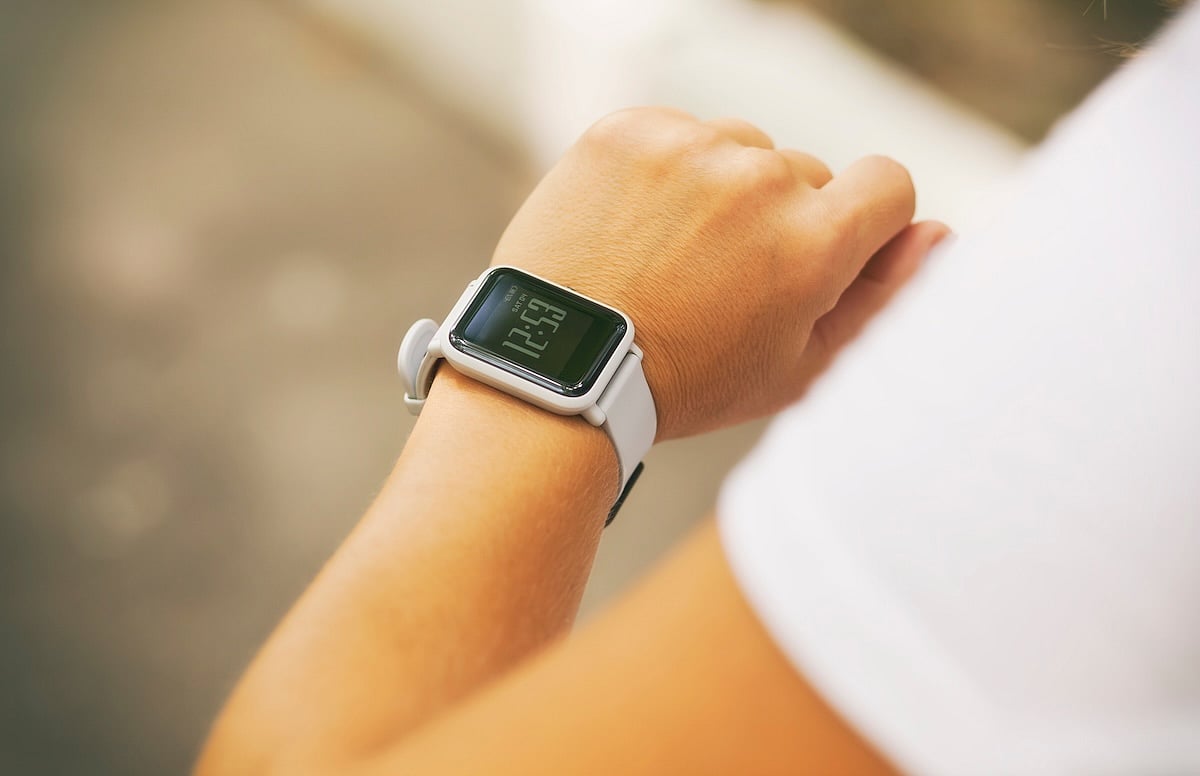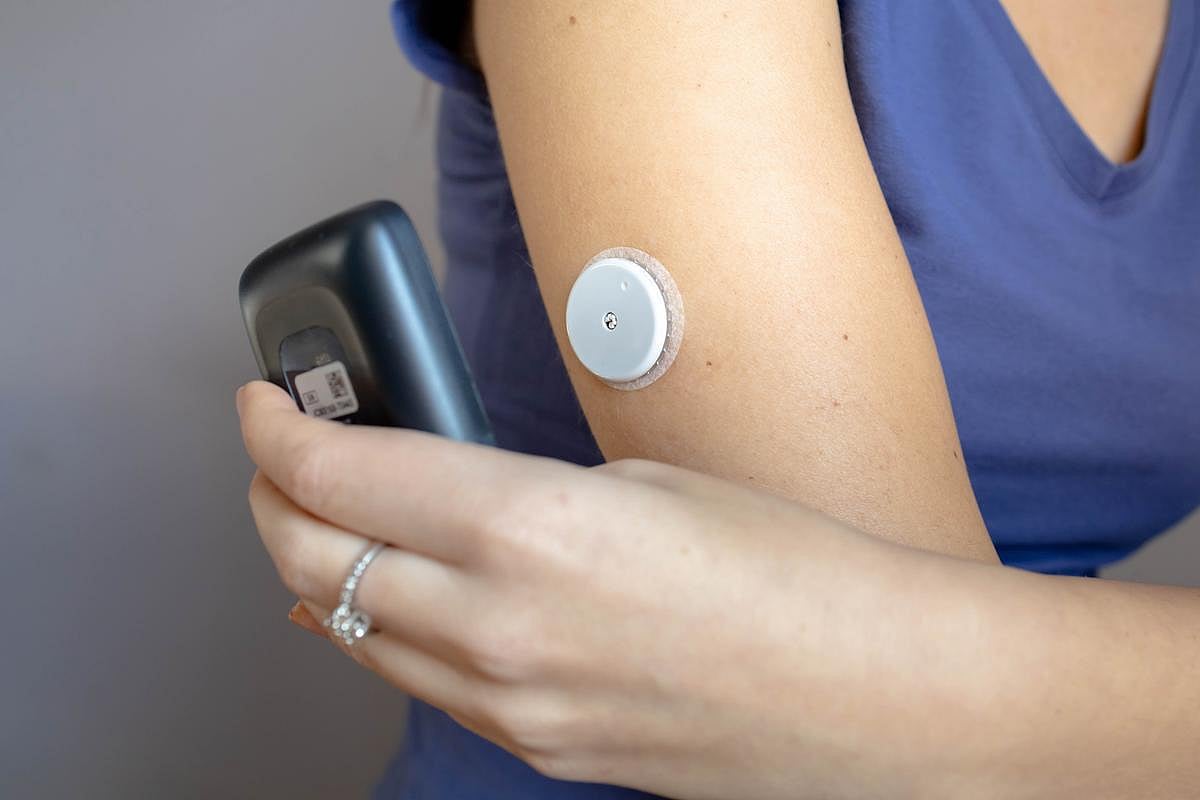Please allow 24 hours or call the pharmacy before picking up your prescription.
Manténgase sano!
Resultados de su búsqueda "Diabetes: Misc.".
Videos de salud - 20
Resultados de noticias de salud - 240
Coffee may do more than boost energy.
New research suggests that certain compounds found in roasted coffee beans could help slow how quickly sugar enters the bloodstream, a finding that could one day support new foods aimed at managing type 2 diabetes.
Scientists have identified three previous...
- I. Edwards HealthDay Reporter
- |
- January 19, 2026
- |
- Página completa
Early menopause has been linked to a number of health problems, including heart disease, stroke and loss of bone density.
But there doesn’t appear to be a similar link between early menopause and a higher risk of
While childhood obesity has become more common in recent years, this is a condition that is about more than just weight.
Childhood obesity reflects our modern environment of ultra-processed foods, digital devices and psychological stressors.
To address childhood obesity, clinicians and families must work together to create a more nuanced, compassionate and evidence-based approach ...
- Shagun Bindlish, MD, FACP, FOMA, DABOM, DACLM HealthDay Reporter
- |
- December 30, 2025
- |
- Página completa
Eye scans could soon be able to predict if a person with diabetes is at risk of losing their vision, thanks to results of a new lab rat study.
Early changes in the texture of the retina appear to be related to the onset of diabetic retinopathy, researchers recently reported in the journal
Folks with diabetes might fare better if health care professionals pick out and deliver their groceries, a new study says.
Folks with diabetes who received home deliveries of diabetes-appropriate grocery boxes for three months had better blood sugar control by the end of the experiment, researchers reported i...
- Dennis Thompson HealthDay Reporter
- |
- December 15, 2025
- |
- Página completa
THURSDAY, Dec. 4, 2025 (HealthDay News) — Diabetes can be literally heart-stopping, a new study asserts.
People with either type 1 or type 2 diabetes have a dramatically higher risk of sudden cardiac death, which occurs when the heart stops beating, researchers reported today in the ...
- Dennis Thompson HealthDay Reporter
- |
- December 4, 2025
- |
- Página completa
Heatwaves are increasing with climate change, and that could mean more deaths among older people with diabetes or heart disease, new research shows.
The study of U.S. veterans living in California found the largely male cohort vulnerable, especially if they were homeless or living in poorer neighborhoods.
Compared with cooler days, the typical California veteran living in a disadvan...
- Ernie Mundell HealthDay Reporter
- |
- November 26, 2025
- |
- Página completa
Researchers are standing behind new data on how people’s posteriors reflect changes linked to aging and diabetes.
Shrinkage or inflammation of the gluteus maximus muscles of the buttocks may reflect frailty, sitting time, fat deposition and diabetes risk, and these changes may occur differently among me...
- Ernie Mundell HealthDay Reporter
- |
- November 25, 2025
- |
- Página completa
Nobody wants a root canal, but if you must get one there’s possible benefit for your heart.
Researchers in Britain found that a successful root canal appears to lower inflammation linked to heart disease. It might even improve cholesterol and blood sugar readings.
&...
- Ernie Mundell HealthDay Reporter
- |
- November 24, 2025
- |
- Página completa
Eating disorders can harm a person’s physical and mental health in ways that linger for years, a new study reports.
Anorexia, bulimia, binge eating and other such disorders bring with them a high risk of health problems like diabetes, kidney or liver failure, broken bones and premature death, researcher...
- Dennis Thompson HealthDay Reporter
- |
- November 19, 2025
- |
- Página completa
The Trump administration has directed U.S. visa officers to consider chronic health conditions such as obesity, heart disease, diabetes, cancer and mental health disorders when deciding whether to approve a foreigner’s entry into the country.
The directive was shared with U.S. embassies and consulates in a Nov. 6 cable from Secretary of State
A common diabetes drug could be sabotaging the health benefits that a patient might expect from a daily walk, a new study says.
Metformin appears to blunt improvements in blood pressure, fitness and blood sugar control that normally come from regular exercise...
- Dennis Thompson HealthDay Reporter
- |
- November 12, 2025
- |
- Página completa
A spinal cord injury might be only the beginning of a person’s health woes, according to a new study.
People who’ve suffered spinal cord injuries are more likely to develop an array of chronic health problems, researchers reported Nov. 4 in
California will start selling low-cost insulin Jan. 1, nearly three years after Gov. Gavin Newsom announced a plan to make lifesaving medications more affordable for folks with diabetes.
The state’s insulin — sold under the brand name
Use lifestyle interventions to show no signs of type 2 diabetes for at least three months? There’s a code for that: E11.A.
Starting Oct. 1, 2025, a new diagnosis code was added to the detailed list of codes used by health care providers: the remission of type 2 diabe...
- Deanna Neff HealthDay Reporter
- |
- October 15, 2025
- |
- Página completa
Immigrants come to the United States hale and healthy, but that doesn’t last long, a new study says.
Immigrants’ heart disease risk increases the longer they live in the U.S., according to research scheduled for presentation today at an American College of Cardiology meeting in Dubai.
Living in America takes its toll on immigrants’
People with fatty liver disease are more likely to die early if they have one of three additional health problems, a new study says.
High blood pressure, diabetes and low levels of “good” HDL cholesterol all increase the risk of death for people with fatty liver disease, res...
- Dennis Thompson HealthDay Reporter
- |
- September 19, 2025
- |
- Página completa
Smokers have a higher risk of developing type 2 diabetes, especially if they are genetically predisposed to the condition, a new study says.
People who ever smoked at all have an elevated risk of all four subtypes of type 2 diabetes, and heavy smokers are at even greater risk, researchers reported S...
- Dennis Thompson HealthDay Reporter
- |
- September 15, 2025
- |
- Página completa
Nearly half of people with diabetes around the world are unaware of their condition, according to a new study.
Globally, an estimated 44% of people 15 and older with diabetes didn’t know they had the life-threatening disease, researchers reported Sept. 8 in
The diabetes drug metformin has been a mystery for more than six decades.
The most prescribed diabetes med in the world, metformin is very effective in lowering blood sugar levels.
But no one knows exactly how it works.
But a new study sheds some ...
- Dennis Thompson HealthDay Reporter
- |
- September 3, 2025
- |
- Página completa
Shifting to a plant-based diet can help keep people from being plagued by multiple health problems as they age, a new study says.
People whose diets included more veggies, fruits, whole grains, legumes and plant-based foods had 32% lower odds of developing two or more chronic illnesses, resear...
- Dennis Thompson HealthDay Reporter
- |
- August 29, 2025
- |
- Página completa
Detecting diabetes might soon be as easy as breathing into a device, a new study says.
An experimental breath test sorted out type 2 diabetes patients from healthy people, based on their exhalations, researchers report in the September issue of the
A Mediterranean-style diet can significantly decrease risk of type 2 diabetes in people who are overweight or obese, a new study says.
People had 31% lower odds of diabetes if they adhered to a Mediterran...
- Dennis Thompson HealthDay Reporter
- |
- August 26, 2025
- |
- Página completa
Two-thirds of women in their child-bearing years have an increased risk for birth defects due to a lifestyle factor they can change, a new study says.
These risk factors — low levels of vitamin B9 (folate), unmanaged diabetes or exposure to tobacco smoke — increase the odds of a serious birth defect in any child they might have, researchers said.
Heart defects, cleft pal...
- Dennis Thompson HealthDay Reporter
- |
- August 26, 2025
- |
- Página completa
Advanced technology has boosted the ability of children and adults to manage their type 1 diabetes, a new study says.
The number of kids under 18 who’ve achieved optimal control over their blood sugar skyrocketed 171% between 2009 and 2023, from 7% to 19%, researchers reported Aug. 11 in <...
- Dennis Thompson HealthDay Reporter
- |
- August 14, 2025
- |
- Página completa
So-called “forever chemicals” could be increasing Americans’ risk of developing type 2 diabetes, a new study says.
Higher blood levels of per- and polyfluoroalkyl substances (PFAS) are associated with a significantly greater risk of developing type 2 diabetes, the form of the disea...
- HealthDay Reporter
- Dennis Thompson
- |
- July 23, 2025
- |
- Página completa
A “weekend warrior” exercise schedule can lower diabetics’ risk of early death, a new study says.
People with diabetes who get all their recommended weekly exercise in one or two sessions – the “weekend warrior” approach – were 21% less likely to die early from any ca...
- HealthDay Reporter
- Dennis Thompson
- |
- July 23, 2025
- |
- Página completa
Doctors should ask diabetic women at every visit about their intention to have a child, to make sure they get the appropriate care prior to conception, new guidelines say.
This will help avoid miscarriages and birth defects among women who have diabetes before pregnancy, the authors write in the
Poor dental health could be a harbinger of chronic illnesses like type 2 diabetes and heart disease, a new study warns.
People with missing teeth, coated tongues and other signs of poor oral health also were more likely to have elevated blood sugar, high cholesterol and diminished kidney functi...
- HealthDay Reporter
- Dennis Thompson
- |
- July 18, 2025
- |
- Página completa
A new government estimate shows that nearly 1 in 3 U.S. teens have prediabetes, putting them at risk for Type 2 diabetes and other serious health problems.
In a new
Barbie’s latest look includes a polka-dot crop top, chunky heels — and an insulin pump.
Mattel has released its first-ever Barbie with type 1 diabetes, complete with a glucose monitor, phone app and a purse packed with supplies. The goal? To help ki...
- HealthDay Reporter
- I. Edwards
- |
- July 9, 2025
- |
- Página completa
A single infusion of a new stem cell-based treatment may have helped 10 out of 12 people with severe type 1 diabetes stop using insulin, researchers report.
The treatment, called zimislecel, was made by Vertex Pharmaceuticals. It’s an infusion of lab-grown islet cells — special cells tha...
- HealthDay Reporter
- I. Edwards
- |
- June 24, 2025
- |
- Página completa
Want to lose weight and reverse type 2 diabetes?
Trade your diet soda for a tall glass of water, a new small-scale study argues.
Women were more likely to drop pounds and see their type 2 diabetes go into remission if they drank water rather than diet beverages, according to a study presented ...
- HealthDay Reporter
- Dennis Thompson
- |
- June 23, 2025
- |
- Página completa
A cheap HIV drug might be able to help people with diabetes reverse a complication that can lead to blindness, a new small-scale study says.
The drug, lamivudine, appears to improve vision that’s being threatened by
Heart disease, strokes and diabetes contribute to many dementia cases in the United States, but the risk is not equal everywhere, a new study says.
Overall, more than a third (37%) of U.S. dementia cases are linked to eight conditions: diabetes, heart failure, atrial fibril...
- HealthDay Reporter
- Dennis Thompson
- |
- May 29, 2025
- |
- Página completa
Preschoolers who don’t naturally lose weight are more likely to develop full-fledged childhood obesity by age 9, a new study says.
Most kids tend to see their body-mass index (BMI) decline between ages 1 and 6, before starting to slowly gain weight as they grow, researchers reported recently in
Popular GLP-1 weight loss drugs like Ozempic and Zepbound can help reduce a woman’s risk for as many as 14 cancers associated with obesity, a new study says.
People taking a GLP-1 drug had a 7% lower risk of developing an obesity-related canc...
- HealthDay Reporter
- Dennis Thompson
- |
- May 28, 2025
- |
- Página completa
Battling chronic disease really takes it out of a person, leaving them vulnerable to depression.
And people with multiple long-term health problems are even more likely to fall prey to depression, a new study says.
Some combinations of illnesses can more than double the likelihood a person will eventually...
- HealthDay Reporter
- Dennis Thompson
- |
- May 21, 2025
- |
- Página completa
Danish drugmaker Novo Nordisk is teaming up with California-based biotech Septerna to develop new pills to treat obesity, type 2 diabetes and other metabolic diseases.
The deal could be worth up to $2.2 billion for Septer...
- HealthDay Reporter
- I. Edwards
- |
- May 16, 2025
- |
- Página completa
Persistently high blood sugar among teenagers can lead to heart disease by young adulthood, a new study says.
Teenagers had up to three times the risk of developing a heart condition called left ventricular hypertrophy if their blood sugar remained persistently high between ages 17 to 24, researchers reported...
- HealthDay Reporter
- Dennis Thompson
- |
- May 7, 2025
- |
- Página completa
A common diabetes drug can be repurposed to help overweight and obese people with knee arthritis, a new study says.
Metformin reduced knee arthritis pain during a six-month treatment period, potentially delaying the need for
Complications during pregnancy can mean a woman’s future heart health is at risk, particularly if she is overweight or obese, a new study says.
Women who are carrying excess weight prior to pregnancy are more likely to develop complications like gestational diabetes and high blood pr...
- HealthDay Reporter
- Dennis Thompson
- |
- April 18, 2025
- |
- Página completa
Microplastics appear to be contributing to chronic diseases in shoreline areas of the United States, a new study suggests.
High blood pressure, diabetes and stroke rates are higher in coastal or lakefront areas with greater concentrations of microplastics ...
- HealthDay Reporter
- Dennis Thompson
- |
- April 1, 2025
- |
- Página completa
Wearing a smartwatch might do more than track steps (or your texts) -- it could be a powerful tool for helping people with type 2 diabetes stay active, a new study says.
Participants were more likely to start and maintain an exercise regimen if they had a smartwatch providing them feedback and encou...
- HealthDay Reporter
- Dennis Thompson
- |
- March 31, 2025
- |
- Página completa
Folks frequently use their smartwatches to monitor their daily step count, aiming to get enough physical activity to improve their health.
But smartwatches are tracking another measure of health that could prove even more important, a new study suggests.
Smartwatches ...
- HealthDay Reporter
- Dennis Thompson
- |
- March 24, 2025
- |
- Página completa
People dealing with heart disease, diabetes or obesity are behind the eight ball when it comes to their chances of living longer.
But they can improve their odds if they start following a healthy plant-based diet, according to a study scheduled for presentation Saturday in Chicago at a meeting...
- HealthDay Reporter
- Dennis Thompson
- |
- March 24, 2025
- |
- Página completa
Continuous glucose monitors don’t just help people with diabetes maintain healthy blood sugar levels, a new study says -- the devices also can help them be safer drivers.
Diabetics who use glucose monitors have fewer incidents involving low blood sugar, researchers reported in Diabetes Research and Clinical Practice
- HealthDay Reporter
- Dennis Thompson
- |
- March 18, 2025
- |
- Página completa
GLP-1 drugs like Ozempic can help kidney transplant patients avoid organ failure and live longer, a new study suggests.
The drugs help manage patients’ type 2 diabetes and promote weight loss, both of ...
- HealthDay Reporter
- Dennis Thompson
- |
- March 6, 2025
- |
- Página completa
Continuous blood glucose monitors have been promoted as potentially life-changing for people with diabetes -- allowing real-time updates on blood sugar levels without the need for repeated finger pricks.
But a new small-scale study suggests these devices might not be as accurate as many believe, and could lea...
- HealthDay Reporter
- Dennis Thompson
- |
- March 4, 2025
- |
- Página completa
GLP-1 drugs like Ozempic/Wegovy don’t increase a person’s risk of suicidal actions or thoughts, a new study has concluded.
Earlier research had potentially linked these drugs -- which are used to treat type 2 diabetes and obesity -- with suicidal thoughts and self-harm, researchers add...
- HealthDay Reporter
- Dennis Thompson
- |
- February 28, 2025
- |
- Página completa























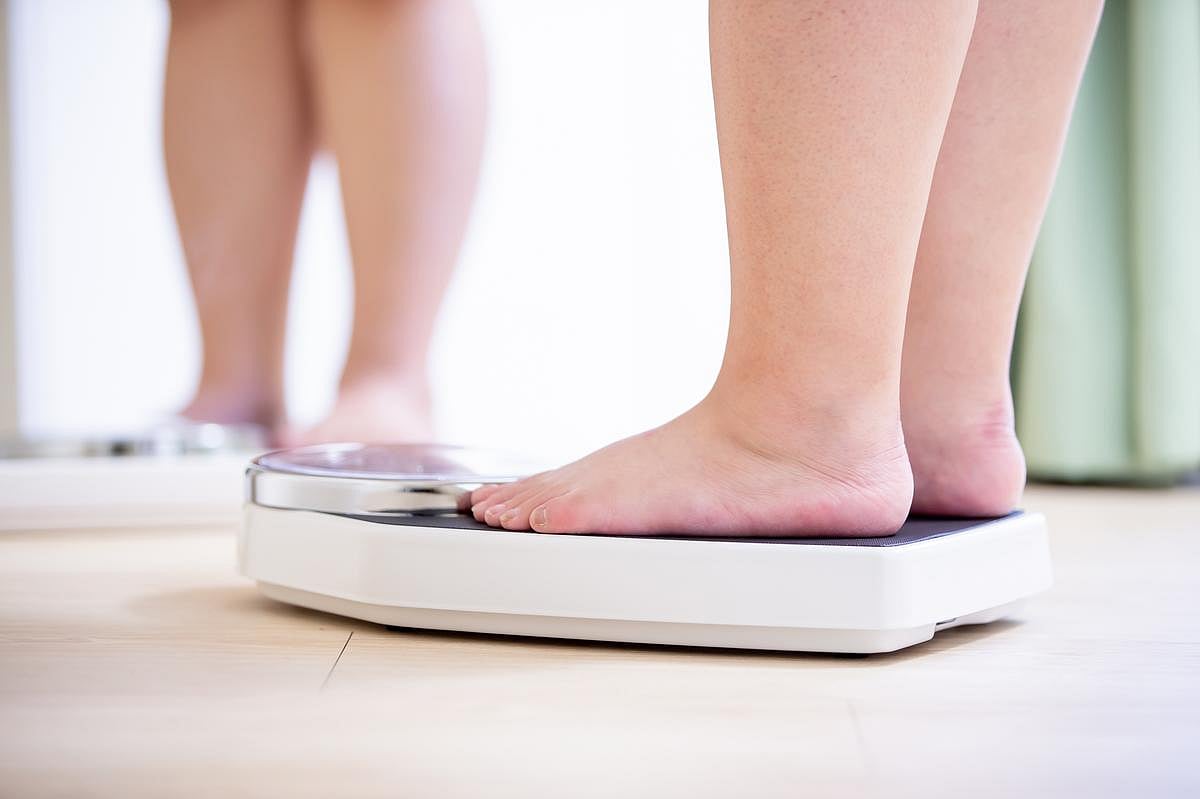
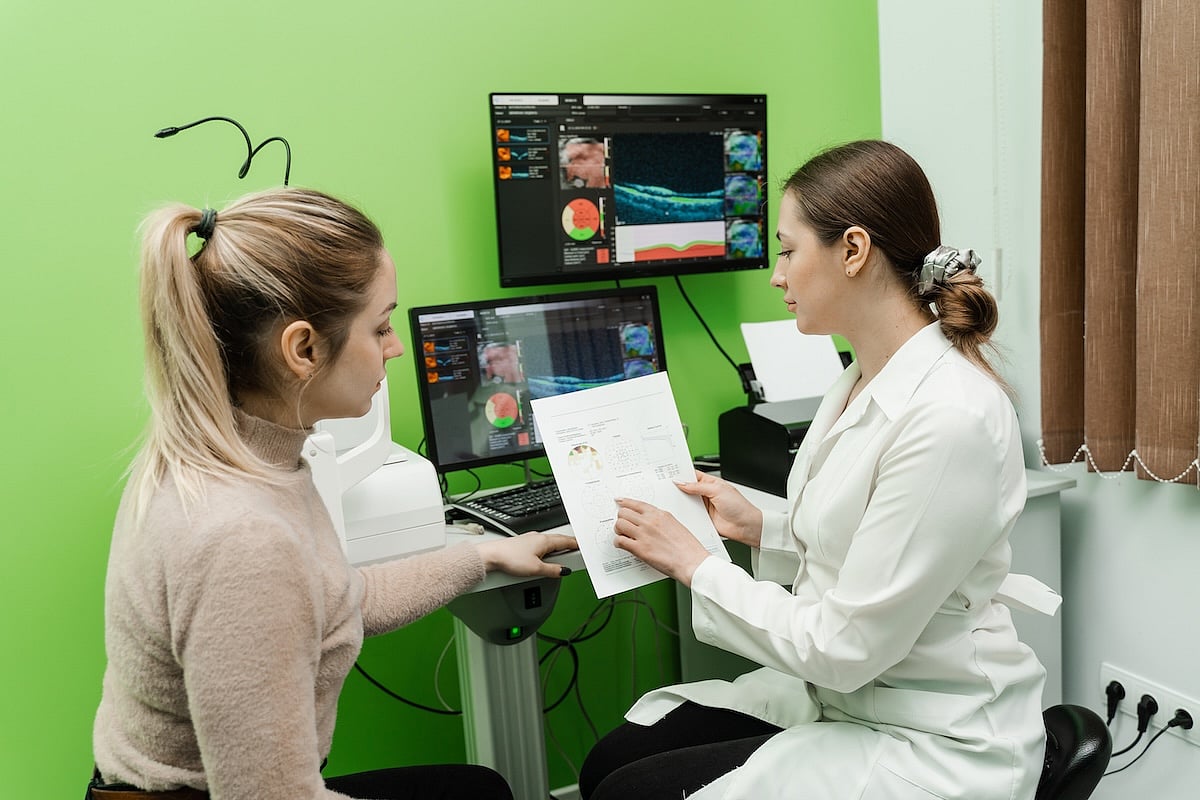










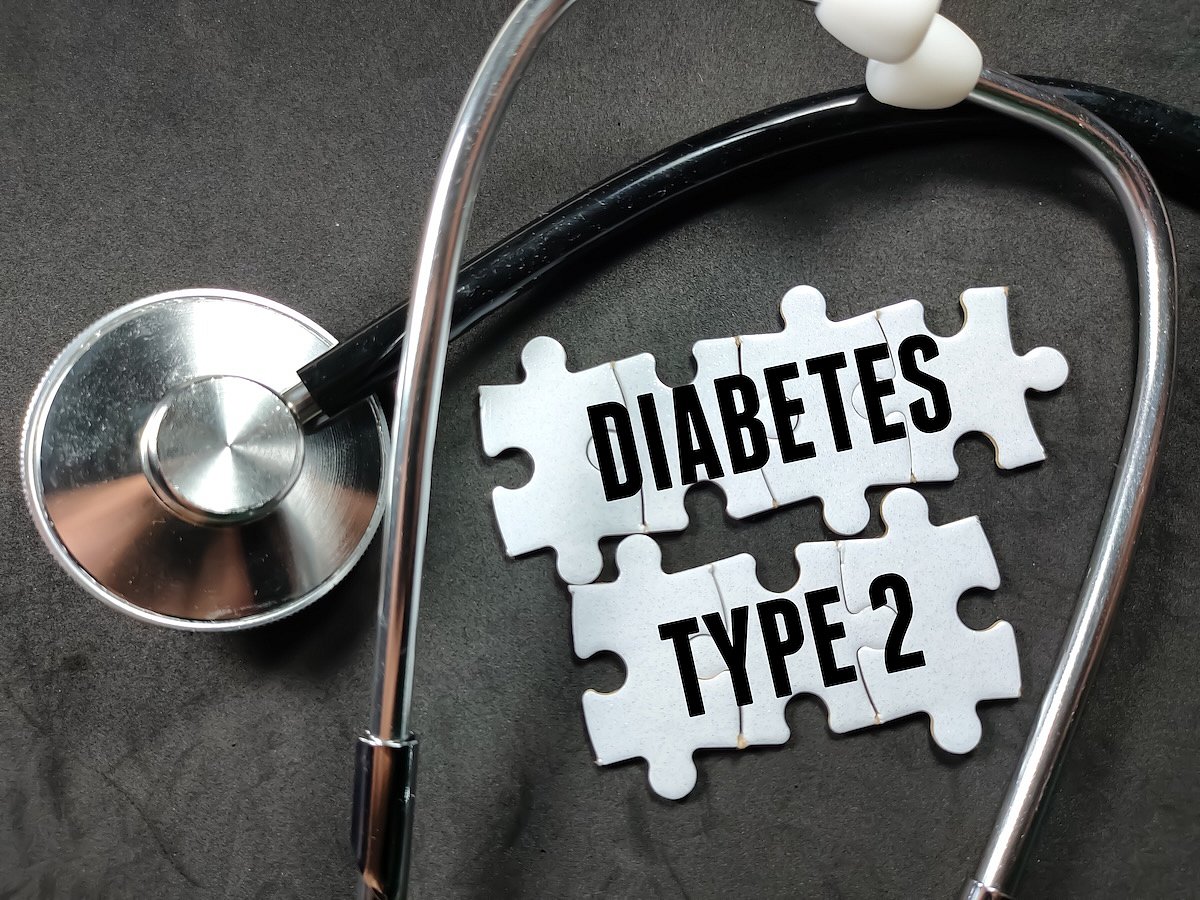



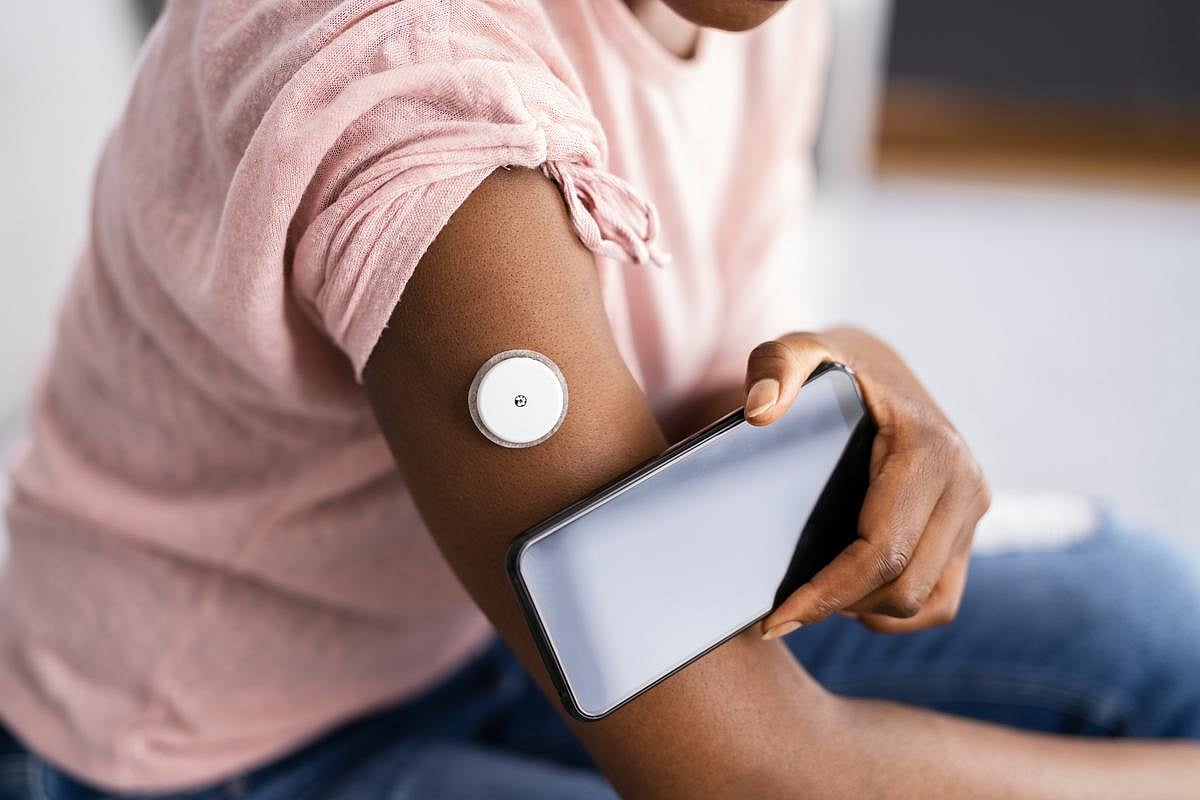







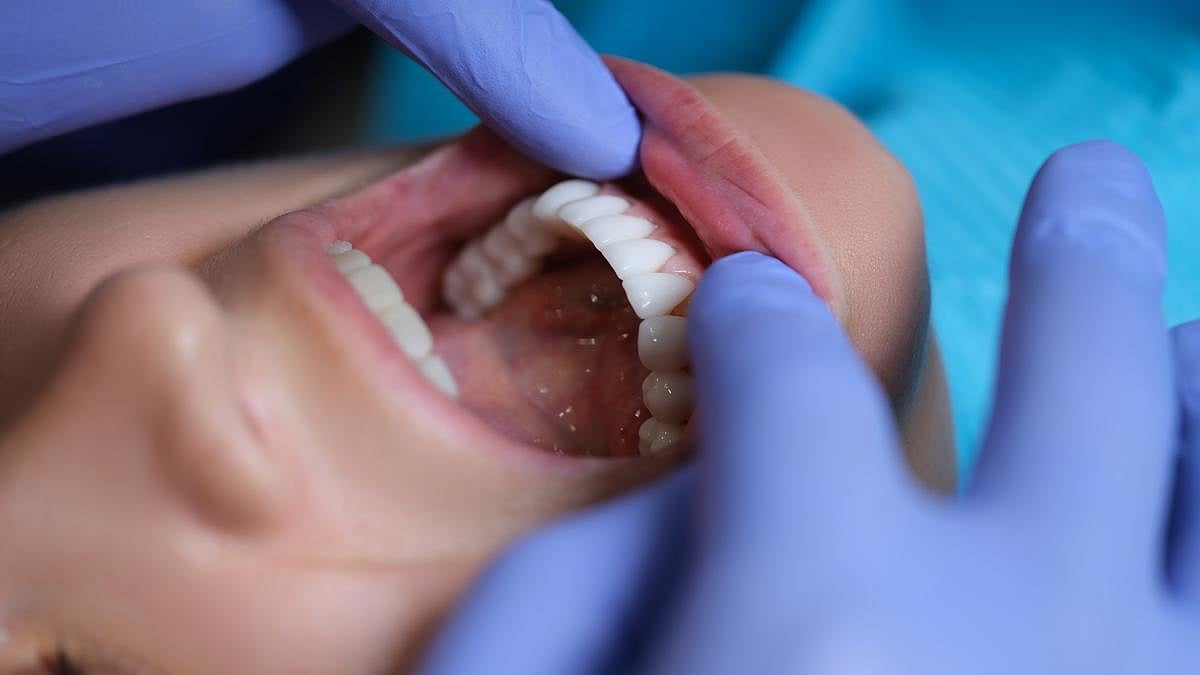


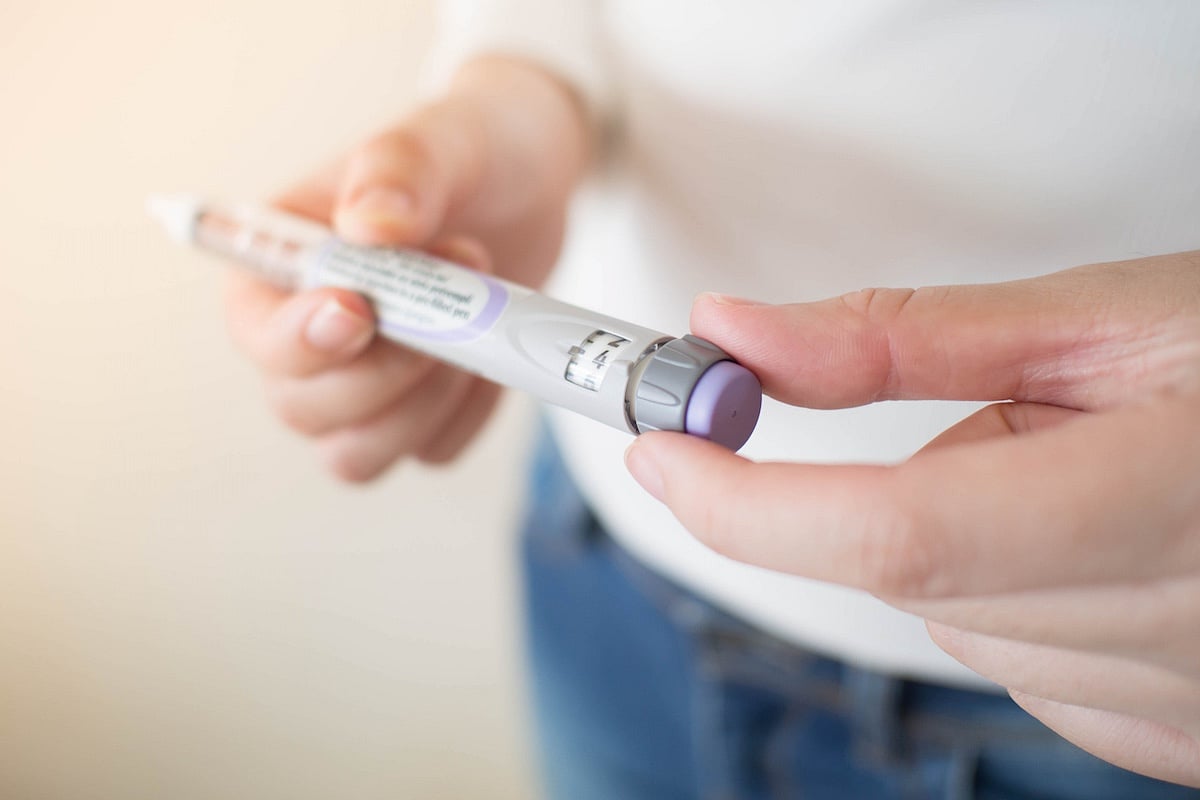









.jpg?w=1920&h=1080&mode=crop&crop=focalpoint)

